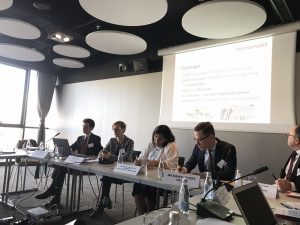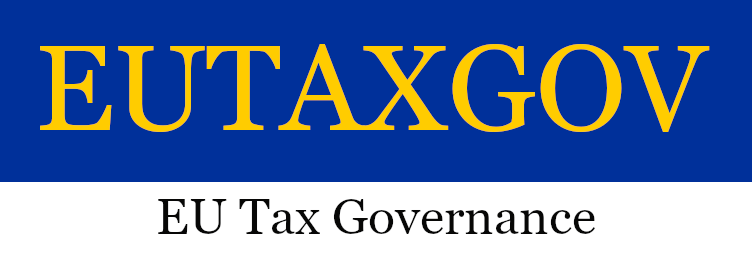By Irma Johanna Mosquera Valderrama
More than 60 participants from some EU member and accession countries, academia, scholars, and business discussed the spill-over effects of Member States’ tax treaties on developing countries. This workshop took place under the EU Fiscalis 2020 programme in Podgorica, Montenegro March 15-16 2018.
 We discussed in the first panel the challenges for developing countries regarding tax treaties and implementation of BEPS.In my presentation I addressed the advantages and disadvantages of entering into a tax treaty including also how the multilateral developments are changing tax treaties. In addition, I discussed how BEPS Actions have been implemented in developing countries so far and how should developing countries benefit from them? The main focus was on treaty abuse since for developing countries the interaction between BEPS treaty abuse measures (PPT and LOB), treaty measures (main purpose, LOB) and national general anti-avoidance rules GAAR should be taken into account. Different choices are being made by the countries in the implementation of BEPS treaty abuse measures and these choices will also need to be reconciled with the country’ tax treaties network and with the country’ domestic GAARs.
We discussed in the first panel the challenges for developing countries regarding tax treaties and implementation of BEPS.In my presentation I addressed the advantages and disadvantages of entering into a tax treaty including also how the multilateral developments are changing tax treaties. In addition, I discussed how BEPS Actions have been implemented in developing countries so far and how should developing countries benefit from them? The main focus was on treaty abuse since for developing countries the interaction between BEPS treaty abuse measures (PPT and LOB), treaty measures (main purpose, LOB) and national general anti-avoidance rules GAAR should be taken into account. Different choices are being made by the countries in the implementation of BEPS treaty abuse measures and these choices will also need to be reconciled with the country’ tax treaties network and with the country’ domestic GAARs.
A nice opportunity to present the ERC GLOBTAXGOV research project and the countries’ choices on BEPS. Presentation available Mosquera Montenegro TAX TREATIES

